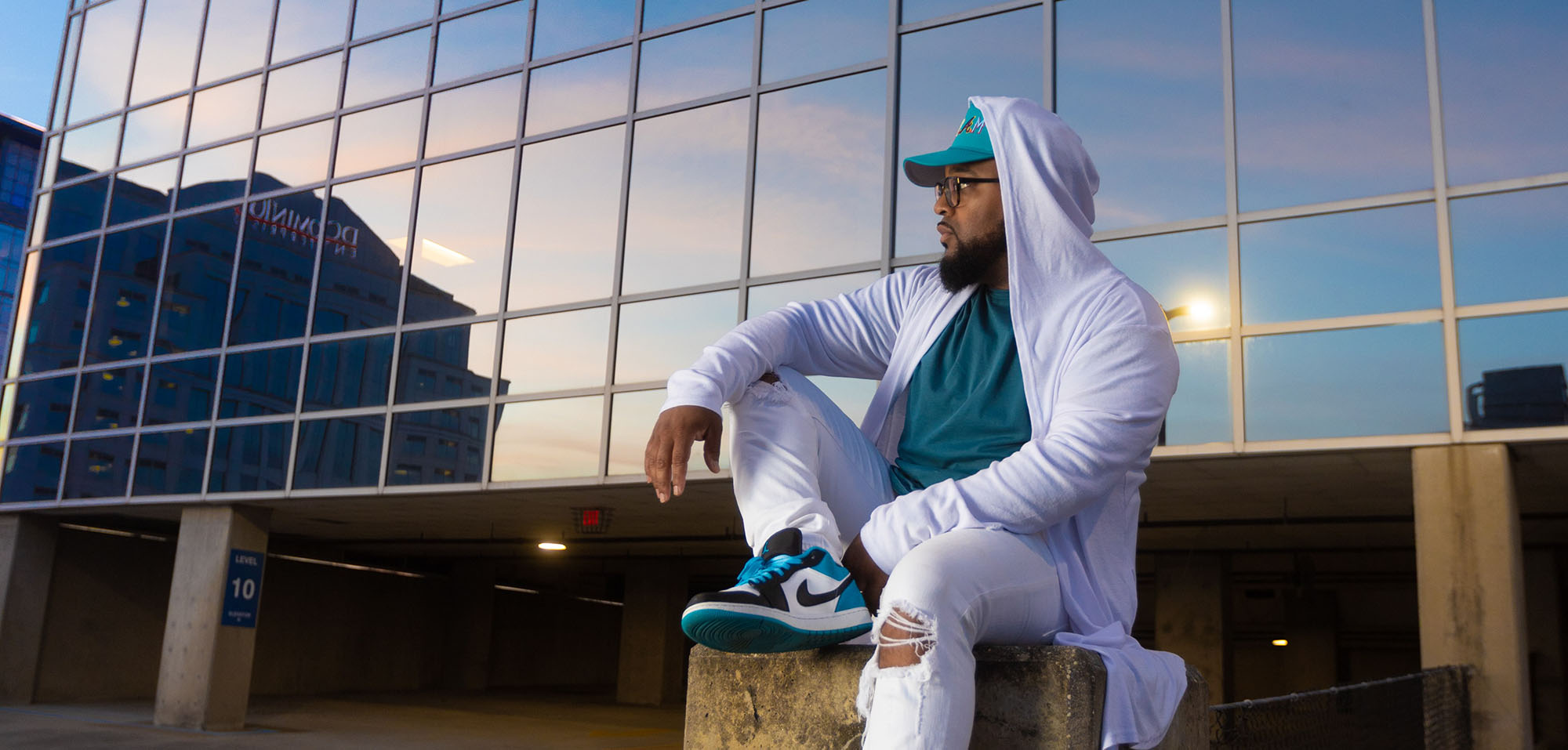Doing “All I Can”
Hey.
I sold insurance early on and my mentor gave me some wisdom that has stayed with me to this day. What I’m about to tell you is about to philosophically melt your whole brain, so prepare yourself.
Ready? Here goes. He said:
All you can do is all you can do, and all you can do is enough.
-Andy Young
The end.
I don’t know how biblically based Andy Young was/is, but he did tell me some things that I’ve found were deeply rooted in the grace that God talks about over and over again.
Another piece of wisdom said another way (and it’s low key cliche’-ish, but worth a consideration anyway) is this:
Work like it’s up to you. Pray like it’s up to God.
I’ve learned that in Christ, and by default in life, I have to put the effort into the things I want to accomplish and the things I feel called to achieve. There’s no getting around the effort, time, and sacrifice that must go into our goals. Whether they be vocational, financial, familial, ministry related…we must grind. And for something we’re passionate about we’re going to grind to the bone.
However, in a culture that bases its value on personhood by accomplishment, this can be dangerous. Everything that matters is based on what you’ve done and what you have, not you as a person made in the Image of God with inherent value that is unearnable. Slight yet significant difference in worldview there.
The results are up to God, always. I can’t manipulate the outcome of things outside of my control, and I’ll drive myself crazy trying to do so. Or drive myself to idolatry and sinful pride if I do.
I want my plans to work out; to impact the culture with the Gospel through my music and message that gives people a clear view of Christ, eliminates confusion, and builds communities. I want to see results in mass, and I want it to happen sooner rather than later.
So what do I do then? I work extremely hard, and I rest in the sovereignty of God and I take a lot of time off, and I realize that the results are always His. Always. Learning that “in whatever situation I am to be content” (Phil. 4:11b, ESV) has helped me to not allow results (alone) to determine the value of my work.
The surprising effect is that I’m learning to “Love God and Love people, doing all I can” without the stress of the desired outcome of said love. To simply do the work of Christ’s Greatest Commandments (Mark 12:29-31), in thought, desire and deed, in music and message, and believe that the results, and the work, are really up to God even though I have great effort to put forth in it.
There’s freedom in doing all I can while knowing that without Him I can do nothing (John 15:5). There’s a work/rest balance that’s not results driven, but that’s God driven, and it pushes me to do more for Him while resting in Him at the same time.
In addition, my value isn’t tied to if I see the results I want because I trust Him to get the results that He wants. And my desire is slowly becoming mostly what He wants.
Wherever you are today in working for the Lord (I hope), or your work/rest balance, give Him your anxieties about the results. If your purpose isn’t for His glory and the good of others, I invite you to recalibrate, and if it is, I invite you to rest.
Give all you can towards Loving God and Loving People resting assured that this is God’s heart toward us, and that He gave it all towards us first.
All I Can
Never tryna be the coolest got a couple fans
Lot of y’all are hostage to a couple bands
To book me and the band it costs a couple bands
I get it to give it plus I got a plan
It’s the time we put in it plus we all got fam
If I got to explain that then please put down your hand
Family man, two kids and a wife and grab a dog and land
Love God and love people, doing all I can



